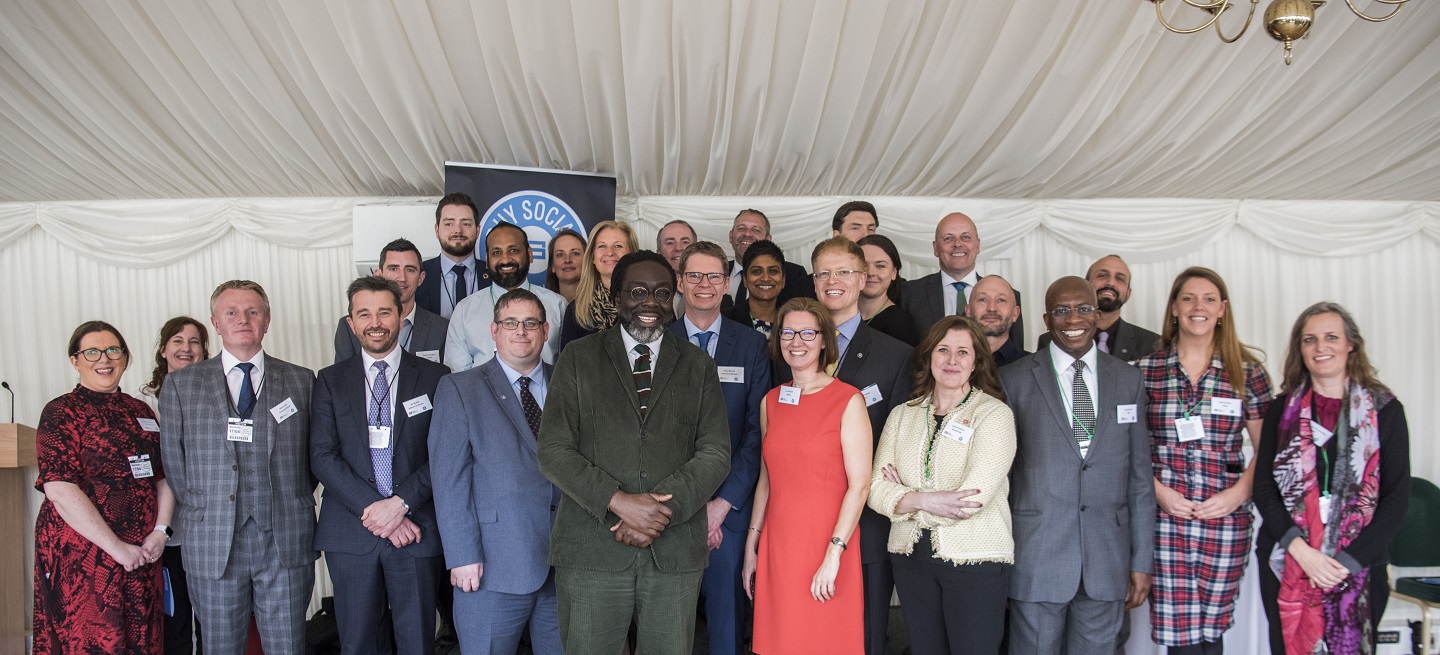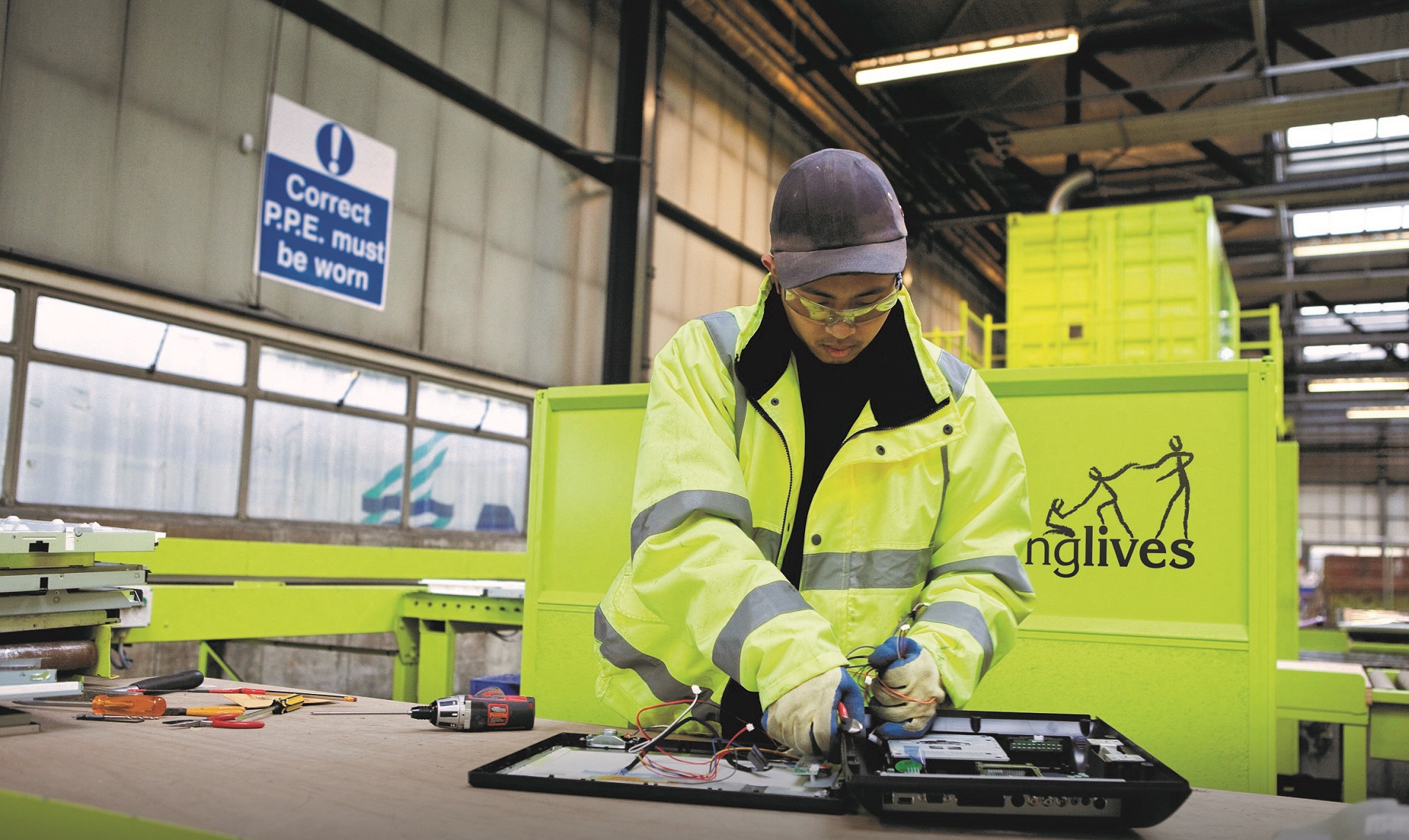
News
Support for social enterprises through the winter
After weeks of waiting, we now know what the new Government is going to do to help social enterprises, and other businesses, through the winter and the current energy crisis. Here is a quick analysis of what all the announcements mean for social enterprise and what the next few months could hold for our sector. Energy price cap All businesses, voluntary organisations and public sector organisations who are on a non-domestic contract, a fixed price contract agreed on or after April 1st 2022, in the process of signing new fixed price contracts, on deemed/out of contractor variable tariffs or on a flexible purchase or similar contract will see a general discount applied to their bills. A price has been set for energy at £211 per megawatt hour (MWh) for electricity and £75 per MWh for gas. A comparable rate will be set for Northern Ireland which is in an energy market with the Republic of Ireland. This rate compares with the expected whole cost of energy of around £600 per MWh for electricity and £180 per MWh for gas. So the announcement represents a significant discount. However, it is important to bear in mind: Your energy bill will still be going up – although the discount will substantially reduce the increase, bills will still increase. To give a sense of the change, the FSB calculated that the cost of electricity for businesses had increased by 349% between February 2021 and August 2022. Energy bills may still double compared to the previous year and it is worth planning accordingly. Your bill is also determined by how much energy you use, if you use more energy this winter for whatever reason, it could be higher still. This support is only due to last for six months – there is no guarantee that this will continue beyond March 2023 and you should plan accordingly. SEUK is calling for an extension until the energy crisis passes, but there is no clear indication from government whether it is going to listen to that advice. Energy bills are not the only things driving inflation – supply chain pressures, higher costs of materials, the fall in the value of the pound relative to other currencies and higher wages will all feed through into inflation. Inflation may be slightly lower than expected due to this announcement but is expected to be at historic highs for many months to come. Tax cuts to encourage investment and spending The “mini-budget” has also seen a number of tax rises cancelled that would have affected social enterprises. National Insurance – the national insurance rise of 1.25% has been reversed and the Health and Social Care levy has been cancelled. This will reduce the cost of employing staff, often one of the biggest costs of running a social enterprise. Corporation tax - the cancelling of the planned rise in corporation tax will mean that social enterprises generating distributable profits will be taxed at a lower rate than they otherwise would have been. For social entrepreneurs depending on the dividends of their business for income, this will provide some relief. Annual Investment Allowance – the annual investment allowance (the amount of corporation tax you can write off due to investment in plant or machinery) has been increased to £1m. This will help any social enterprises planning to make significant investments in physical capital over the next few years. Alcohol Duty – frozen for one year from February 2023. This will avoid any tax-related price rises for social enterprises running bars, pubs, restaurants or other venues selling alcohol or social enterprises which host events with alcohol. From a cash flow perspective, most of these measures are unlikely to have much effect (bar the National Insurance Cut). Cuts in corporation tax or increases in the annual allowance are good if you are generating distributable profits, but otherwise unlikely to provide significant help. There will be another Budget later in the year, however, where further tax or spending changes may be made. We will continue to ask for further targeted support to help the cash flow of firms, particularly around employment – which can help ease cash flow and support trading. Reforecasting and replanning Like all businesses, social enterprises will be reforecasting their budgets and developing new plans based on the announcements made and the general economic conditions. If your social enterprise faces financial distress, the most important thing is to speak to your clients, customers and networks as soon as possible. Funders and supporters may be able to help you, or you may be able to negotiate relationships with your clients or customers that reflect the new reality. The worst thing to do is wait. Social Enterprise UK will continue to run webinars and provide information on ways that can help your social enterprise over the difficult period ahead. Keep an eye on your emails for these events and get in touch if you have any concerns. A bumpy road ahead At the time of writing there is significant instability in the markets about these announcements and it is very likely that social enterprises are going to face an uncertain eighteen months. Has the Chancellor done enough to avoid recession? Will inflation come down next year? How long with the energy crisis last? These are questions we simply cannot answer. However, social enterprises have shown themselves to be incredibly resilient businesses over the past decade. Austerity, Brexit, COVID and now the energy crisis – it has never been easy running a social enterprise. At Social Enterprise UK we will keep doing what we can to champion our sector, call for targeted support to help the communities we serve and support social enterprises as best we can. Sticking together we will keep working for a fairer society and a greener future.
4 min






